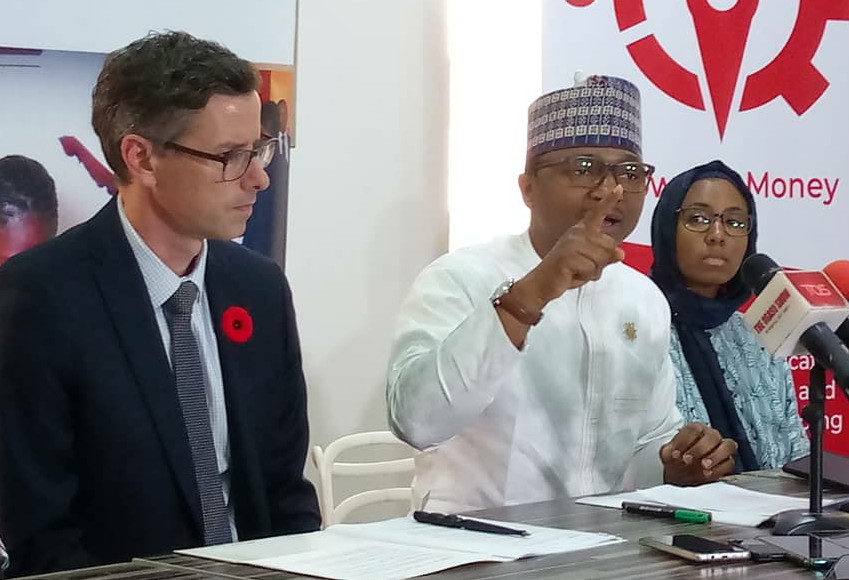With its unique approach of training and empowering gender advocates, Nigeria’s leading civil society organization, Connected Development (CODE) is taking peculiar steps towards eradicating gender-based violence in northern Nigeria, focusing on Kano State.
On November 9, the organization announced the launch of the second phase of its Galvanizing Mass Action Against Gender-Based Violence in Kano (GMAA-K) campaign, highlighting its target to develop a multi-year Kano State Action Plan to end all forms of gender-based violence as well as drive the adoption and integration of the Violence against person prohibition (VAPP) Act and the Child’s Right Act.
The GMAA-K campaign which is supported by the Canadian High Commission is a direct response to the menace of sexual and gender-based violence (SGBV) that is common practice in many states across Nigeria.
Currently, Nigeria has the third highest rates of SGBV in the world, with data showing that at least 30 percent of women and girls aged between 15 and 49 have experienced one or multiple forms of sexual abuse.
These numbers are a representation of deep-rooted gender discrimination and a notorious culture of impunity – where access to justice and support remains a challenge for victims and perpetrators often walk free. The challenge is further heightened by a lack of laws and policies to protect the most vulnerable and punish convicted offenders.
While speaking on the organization’s approach of extirpating SGBV, Hamzat Lawal, Chief Executive of CODE revealed that during the course of the first phase of the project, the Kano State government opted to harmonize the VAPP Act provisions into the Penal Code Law.
“For the first quarter of this year, we worked towards the adoption of the Violence against Persons Prohibition (VAPP) Act in Kano and recorded success as the government opted to harmonize/incorporate the VAPP Act provisions into the Penal Code Law, in order to reconcile provisions and have a single comprehensive law that addresses SGBV; the legal document is pending validation and enactment by the Kano state House of Assembly,” Lawal said.
He further stated that the new phase of the project will propel the validation exercise of the VAPP and Penal Code Law and equally work towards enhancing women’s rights.
On his part, the Acting Canadian High Commissioner, Kevin Tokaron, submitted that SGBV is a crisis in Nigeria that must be condemned, stating that this campaign is both timely and necessary.
“It’s a crisis in Nigeria that we must condemn and work together to eliminate. For the past few years, we’ve seen a number of states in Nigeria pass and start to implement the VAPP Act which has given us hope but not all states have achieved this important milestone and much more work is needed, which is where our partnership with CODE comes into play.
“With Canada’s support, CODE will continue to galvanize mass action against SGBV in Kano State by ensuring the passage of the VAPP and Child’s Rights Act,” he said.
Speaking on the health implication of SGBV and emphasizing the need for education, Dr Halimah Nuhu Sanda, who was also present at the press conference held at Bassan Plaza, Central Area, Abuja, said that SGBV must also be viewed as a public health issue because many victims are left traumatized after being abused and not enough support is provided for them.
“SGBV is often regarded as a human rights violation which is correct but it should also be viewed as a mental health issue because victims are often left traumatized after sexual violence and it affects their mental state.
“When no mental health support is provided to victims, we harbour a mentally oppressed society,” she concluded.



